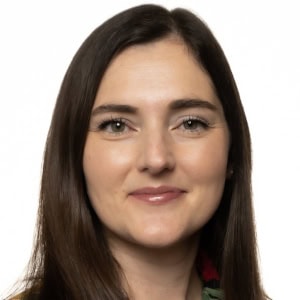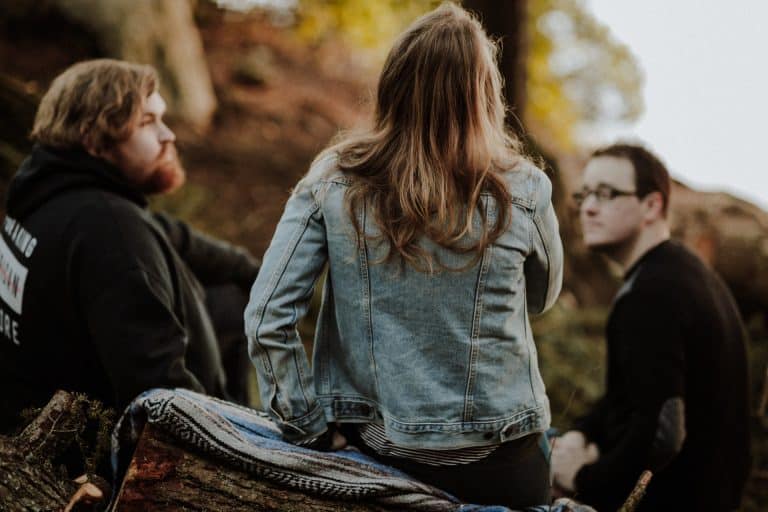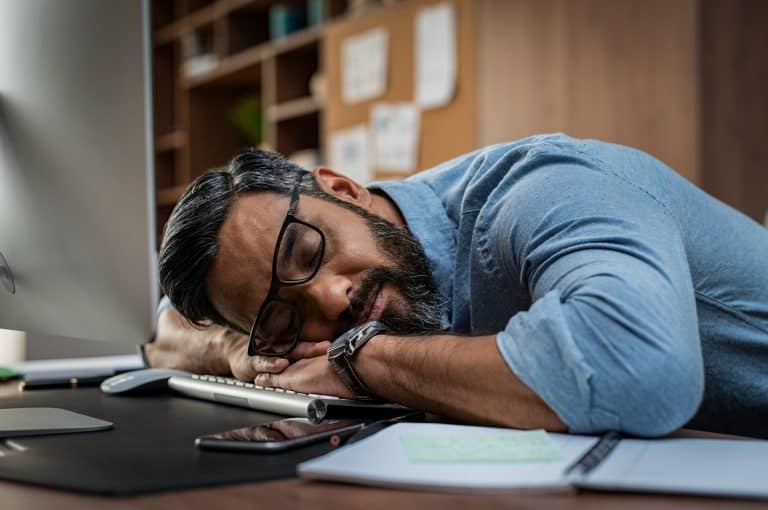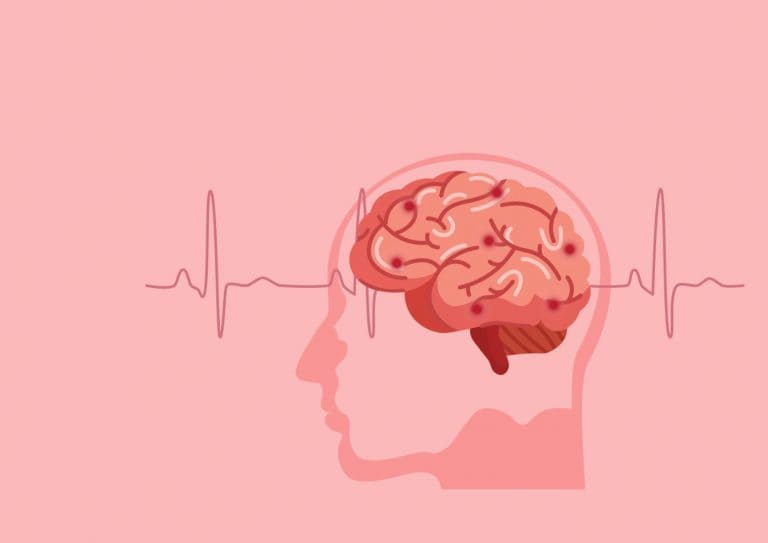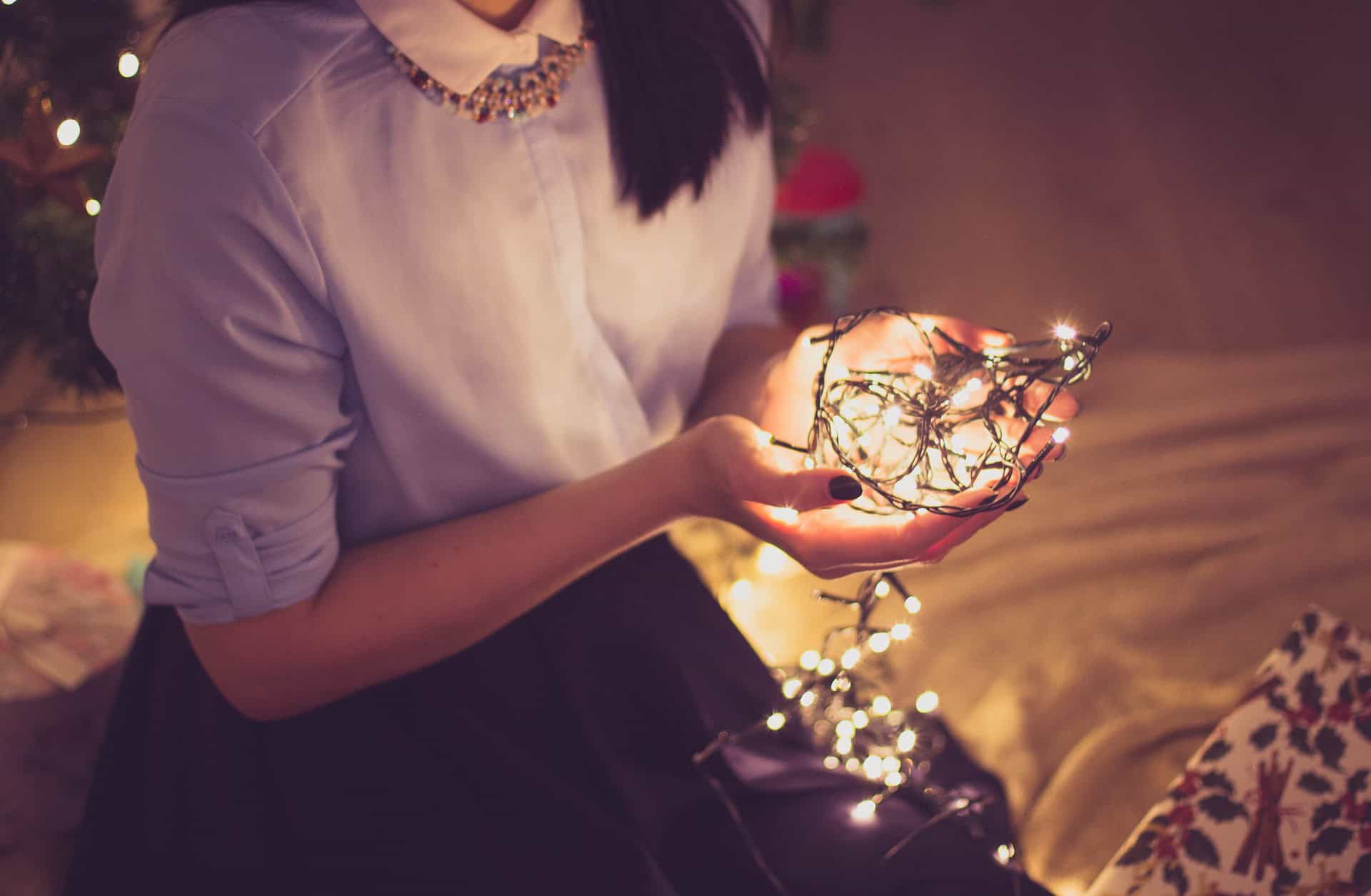
‘Silent Nights’ – dealing with loneliness in the brain-injured community, this Christmas and beyond
Well, here we are. There are only a few days to go until the big day and instead of the usual bustling Christmas markets, frolicsome office parties and bubbly pre-Christmas gatherings, we have social-distancing, no household mixing indoors and ‘the rule of six’ outdoors.
Social isolation and loneliness is a serious issue affecting many people every Christmas, but for obvious reasons, 2020 presents an even bigger challenge. There is a lot of pressure to socialise during the festive period and many millions of people in the UK are dealing with conflicted emotions at the moment; wanting to spend some long overdue time with cherished family members whilst also having to be mindful of keeping everyone safe.
For people who have suffered a brain-injury or have other disabilities, socialising over Christmas can be an even more complex issue. For starters, many people lose friends following brain injury, meaning there are fewer, if any, people to seek companionship from. One of the main reasons for losing friendships appears to be because of a lack of understanding about how brain injuries affect people. The emotional, cognitive and behavioural changes that are common following brain injury are often misunderstood and friends sadly drift apart.
Even if people with brain-injury have maintained friendships (Headway provide some guidance for friends of brain injury survivors here), or made new friends following brain injury, they are more likely to suffer co-morbidities that can make them more susceptible to the effects of the virus. This increased risk may, additionally, lead to increased social anxiety and difficulty feeling comfortable socialising in person, even in COVID-secure ways.
So what can be done to tackle loneliness this Christmas and beyond? Well, the brain-injury charities that we support have been working incredibly hard throughout the pandemic and in the lead-up to Christmas, to minimise any negative effects of social isolation on the people they support.
For example, the Silverlining Charity, whose aim is to improve the quality of life of all those affected by brain injury, offers a whole host of free, virtual ‘Zoom’ activities during the week for their Silverliners, including arts, book club, exercise, discussion groups and craft groups. The Silverlining’s work allows brain injured people to rediscover a sense of purpose, direction and meaning, and make wonderful new friendships. The charity has Christmas activities lined up for the festive period and during the pandemic they have offered 1:1 ‘Sunshine Calls to those who need the most support. They are currently raising money to offer visual arts therapy from Chroma, to support whose who are socially isolated.
Another brain-injury charity that has worked incredibly hard to combat isolation of its members is Headway. I was privileged to be invited to two virtual social sessions organised by Headway Surrey, where in addition to speaking to the lovely members, I got to take part in a quiz, played online Pictionary, and tried to identify various bird calls, which I was hopeless at! They also offer online support and counselling for those in the most need.
Additionally, having identified that some of their members would be unlikely to receive any Christmas gifts, Headway Surrey wanted to provide something to each of their members, to bring some festive cheer. Bolt Burdon Kemp was delighted to be able to donate items for 40 gift packages, with the Guilford Lions Club stepping up to help with delivery. I hear that the gifts have been very well received, with one client writing,
‘Just to thank you all so much for the present which arrived here this weekend. And also for all the support you have given me since I have known you. You are a remarkable group of people and I feel lucky to have you on my team.’
These two charities (and I’m sure many others) have done a fantastic job in incredibly challenging circumstances and they really should be applauded for their efforts.
Another way of ‘tackling’ loneliness or isolation over the festive period could be to consciously work on adopting a positive mind-set, in conjunction with lowering the usual expectations for socialising. Almost everyone has had to adapt to celebrating Christmas in a different way this year, so accepting that this Christmas will be different, but that it’s really ‘just another day’ and there will be time to catch up when we are out of the COVID woods, might help. I fully appreciate that this is far easier said than done, especially if you are struggling with lasting symptoms following a brain injury.
In summary, it will be impossible to completely remove the increased levels of isolation this Christmas, however, having a good support network, be it virtual or in-person, can have dramatic effects on recovery and wellbeing. If you are aware of someone who will be spending days alone over Christmas, finding 5 minutes to give them a quick telephone or video ‘check-in’, could make the world of difference to them.
